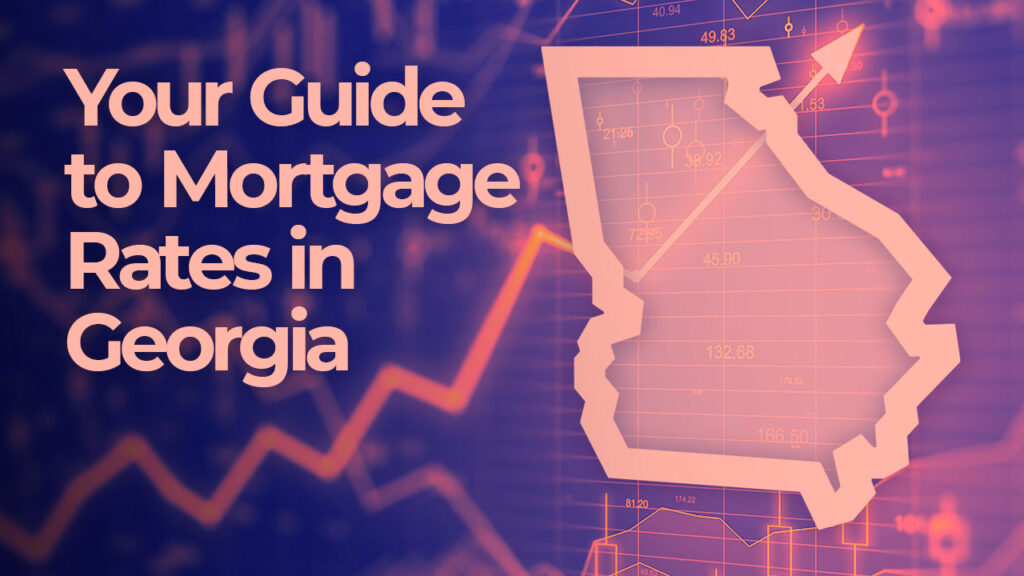Navigating the world of small loans can be tricky, and it’s even more complex when you consider the varying regulations across different states. Understanding these differences is crucial for both borrowers and lenders to ensure fair and transparent practices. This state-by-state overview will shed light on the key regulations governing small loans, helping you make informed decisions.
Understanding the Basics of Small Loan Regulations
Before diving into specific states, let’s establish a common ground. Small loan regulations typically cover aspects like interest rate caps, loan fees, and the overall process of lending. These regulations exist to protect consumers from predatory lending practices and ensure responsible lending behavior. 
Alabama: Small Loan Regulations
Alabama’s regulations on small loans are relatively strict, with specific limits on interest rates and fees. Borrowers should be aware of these limits before entering into any loan agreement. Learn more about specific Alabama regulations here.
Alaska: Small Loan Regulations
Alaska’s approach to small loan regulations differs from other states. It’s crucial to understand the nuances of Alaskan law to avoid unexpected charges or penalties. 
Arizona: Small Loan Regulations
Arizona has implemented specific laws aimed at protecting consumers. Understanding these laws is key to securing a fair loan agreement in Arizona. Details on Arizona regulations are available here.
Arkansas: Small Loan Regulations
Arkansas’s regulations focus on transparency and consumer protection. Borrowers should carefully review the terms of any loan before signing. Consult the Arkansas Attorney General’s office for further assistance.
California: Small Loan Regulations
California has some of the strictest small loan regulations in the nation, aiming to safeguard borrowers from high-interest rates and predatory practices.
Colorado: Small Loan Regulations
Colorado’s regulatory framework for small loans strives for a balance between protecting consumers and facilitating access to credit. 
Connecticut: Small Loan Regulations
Connecticut’s laws regarding small loans are designed to ensure transparency and fair lending practices. Understanding these laws is essential for both lenders and borrowers.
Delaware: Small Loan Regulations
Delaware’s approach to small loan regulation focuses on consumer protection and responsible lending. Find detailed information about Delaware’s regulations here.
Florida: Small Loan Regulations
Florida’s regulations are quite comprehensive, aiming to prevent predatory lending. Be sure to understand the specific details before agreeing to a loan. Check out this useful resource.
Georgia: Small Loan Regulations
Georgia’s small loan regulations are moderately strict, balancing consumer protection with the availability of credit.
Hawaii: Small Loan Regulations
Hawaii has specific rules governing small loans, designed to protect borrowers from unfair terms and conditions.
Idaho: Small Loan Regulations
Idaho’s small loan landscape is shaped by its regulatory environment. Research thoroughly before committing to any loan agreement. 
Illinois: Small Loan Regulations
Illinois’ regulations are designed to maintain fairness and transparency in small-loan transactions. Review the Illinois state legislature website for detailed information.
Indiana: Small Loan Regulations
Indiana’s small loan regulations strike a balance between consumer protection and fostering a competitive lending market.
Iowa: Small Loan Regulations
Iowa’s regulatory approach to small loans emphasizes fair lending practices and consumer protection.
Kansas: Small Loan Regulations
Kansas’s regulations aim to protect borrowers from exploitative lending practices while maintaining access to credit. [IMAGE_5_HERE]
Conclusion
The landscape of small loan regulations varies significantly from state to state. Diligent research and a thorough understanding of the specific rules in your state are essential to navigate this process effectively and responsibly. This knowledge empowers borrowers to make informed decisions and avoid potentially harmful loan agreements. Remember to always read the fine print and seek advice when necessary.
Frequently Asked Questions
What happens if a lender violates small loan regulations? Penalties for violating small loan regulations can vary by state and may include fines, legal action, and loss of licensing.
Where can I find more information about my state’s small loan regulations? Your state’s Attorney General’s office, banking department, or consumer protection agency is a great resource.
Are there any resources available to help me understand small loan terms? Yes, many non-profit organizations offer free financial counseling and education on loan terms and repayment options.
What constitutes a “small loan”? The definition of a small loan varies by state; it usually refers to loans under a certain dollar amount.
Can I negotiate the terms of a small loan? While not always possible, it’s worth attempting to negotiate interest rates or fees if you have a strong financial history and can demonstrate responsible credit management.


